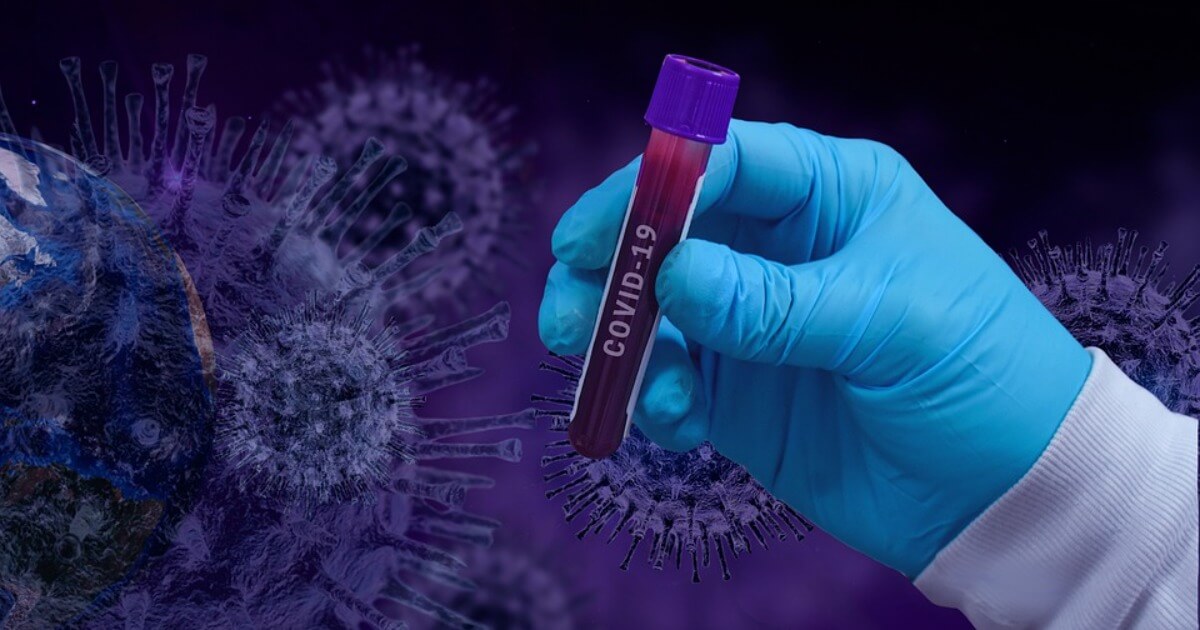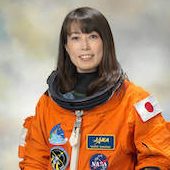Navigating the COVID-19 Pandemic: Lessons from Space
A Japanese woman astronaut reflects on the pandemic
May 21, 2021

As the COVID-19 pandemic has progressed, I have been struck by the similarity of being in space and being quarantined at home.
Some of the strategies that astronauts use in the tight confines of space to stay motivated during difficult times can also be helpful in dealing with the restrictions resulting from the pandemic.
Working from home
When the borders between home and workplace disappear, it gets stressful. Normally, we take these separations for granted.
What we don’t often realize is that transitions between home, commuting and work actually help refresh us mentally.
The experience of commuting and changing physical locations facilitates interactions with different people, including families, colleagues and new acquaintances.
New practices
But it is different when you work where you live. And this is where the parallels between space flight and the time of the pandemic come into focus.
Whether in a space capsule or working from home, you are essentially always in the same place, talking to and working with the same people. To cope, you have to be more conscious of setting aside time for breaks.
You also end up sitting down for long stretches of time. When you work at home, you need to make sure to take care of yourself.
Do things like standing up once every 30 minutes, build in time every hour or so to loosen up your shoulders, get a cup of tea or coffee, or whatever you need to refresh yourself. We follow similar patterns when we work and live in space.
Space station: home and workspace
I went up to space in 2010, as part of an International Space Station (ISS) assembly and resupply mission. I was in charge of operating the robotic arms of both the ISS and the space shuttle, as well as of orchestrating cargo transfer.
I spent 15 days in space with minimal contact with family and friends. My interpersonal communication was largely restricted to the seven astronauts in the space shuttle.
Mindful communication
In the ISS, we were especially mindful of communication. It was easy enough to talk to my colleagues inside the station, because even though our cultures and languages were different, we were in the same situation out in space.
But communication with mission control was much harder. They were a long way away, and in a very different environment. And we rarely saw their faces — it was mostly just audio. So the communication was often fractured.
Struggles to wear another’s shoes
Perhaps in your workplace, you have some people working from home and some people who still physically go into the office.
When that happens, it is harder to get everyone on the same page. It becomes difficult to put yourself in their shoes.
The importance of common vision
Therefore, it is very important to have a common vision among the team. This was a vital part of our pre-mission training.
By developing a shared vision and set of goals and by ensuring that we understand one another’s roles. We can also concentrate more on uniting our resources, rather than focusing on our differential circumstances.
In a spaceship, as currently on earth in these COVID-afflicted times, safety is the top priority. In both contexts it is necessary to make every effort to achieve “mission” success.
Constant learning
It is also critical to have an ideal, a vision that you can work towards. This helps you to make positive changes within the limited confines of your world, even in quarantine-like restricted circumstances.
The clarity of that vision is very important. Of course, visions don’t just suddenly realize themselves. In my case, back on earth, I am always trying to learn – from other people, from hands-on experience, from nature.
Learning isn’t just something you do at school. It’s a continual process. Everyone and everything can be your teacher.
Humans can adapt
In space, when I experienced micro gravity or near- weightlessness for the first time, I was confused. I initially did not know how to move my body.
However, I gradually learned how to control my posture. After a couple of days in space, micro gravity became my friend.
This taught me a lot about the adaptability of human beings Every situation holds learning potential . And there are books and the internet, too. The key is to connect this everyday learning to your vision.
Expect the unexpected
On a space mission, unexpected things are inevitable. Even if you train for years, you will need to respond to events that your training did not t cover.
As it happens, those events are actually more common than the kind you directly train for.
All that training helps you master the basics, preparing you mentally for different kinds of situations. You and your teammates will have a set of shared decision-making priorities to guide you. That will allow you to make decisions quickly.
Practical tips
At a time when movement is restricted and people are working from home, keeping to a regular schedule is important.
Get up and run at the same time each day. Remember to say “good morning” and “thank you” to your teammates, even if you are not working in the same place.
Basics like gratitude and continuous communication are crucial. They build a strong foundation for any organization or team, which helps when something unexpected happens.
Communication solves crises
There were many mini-crises I experienced in space. For example, there was the time that
one of the antennas stopped working and we had to adapt by altering some of the operating procedures for the robotic arm.
The ground team worked hard to establish new protocols. It was really important to have open communication. In the process, we built a solid trust for each other.
Conclusion
A long time before I ever made it there, I was obsessed with space. I wanted to leave earth to go up into it.
When I finally made it to space and I looked back down to Earth, I realized how special our home planet was. I realized that each of us many billions of human beings is a crew member of Spaceship Earth.
The ingenuity and collaboration that had brought the ISS into existence was awe inspiring.
I hope that the same spirit can bring the world together to also overcome the COVID-19 pandemic. I know it is possible.
Takeaways
Strategies astronauts use in space to stay motivated during difficult times can also help with pandemic restrictions #ISS #NaokoYamazaki
Developing a shared vision with colleagues, even if physically separated, is crucial in space and in COVID times #ISS #NaokoYamazaki
In a spaceship, as on earth during a pandemic, safety is the top priority. "Mission” success depends on it. #ISS #NaokoYamazaki
The ingenuity and collaboration behind the international space station are also needed to overcome the COVID-19 pandemic. #NaokoYamazaki #ISS
In space I realized how each of us many billions of human beings is a crew member of Spaceship Earth. #NaokoYamazaki #ISS
Read previous

Global Diplomacy
India: The Europe of Asia
May 19, 2021
